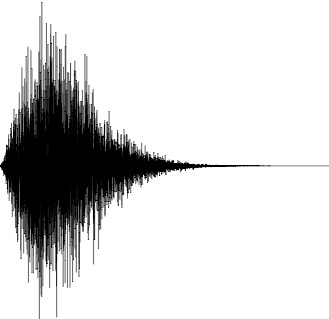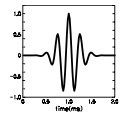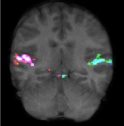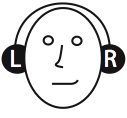SPACE lab





Behavioral investigations of sound localization -
Experiments in human sound localization include investigations of how auditory spatial information is combined over time and across different types of cues (e.g., interaural differences). In these studies, we ask human subjects to discriminate or localize sounds that are manipulated to help us understand listeners' sensitivity to the underlying spatial cues.
Behavioral investigations of reverberation perception -
Studies of reverberation perception include investigations of perceptual and acoustic parameters of university classrooms, and assessments of human sensitivity to auditory spatial cues contained in stimuli with reverberant features.
fMRI investigations of human auditory cortex -
Neuroimaging studies in the SPACE lab are investigating how patterns of stimulus and task sensitivity can be used to differentiate functional fields of human auditory cortex, and whether (and in what way) such fields differ in sensitivity to auditory spatial cues. Additional investigations are exploring techniques for presenting compelling spatial sound to listeners inside the MRI scanner.
Impact of hearing aids on auditory spatial cues -
In-ear recordings coupled with computer models of human binaural processing allow us to estimate the frequency-specific binaural information available to each individual listener, across a range of listening contexts. Specifically, we are interested in how hearing aids affect binaural cues---either through signal processing or through acoustical interactions of processed and vented sound---and whether those effects interact with reverberation.
Last modified: 1/09/2008 3:42 PM